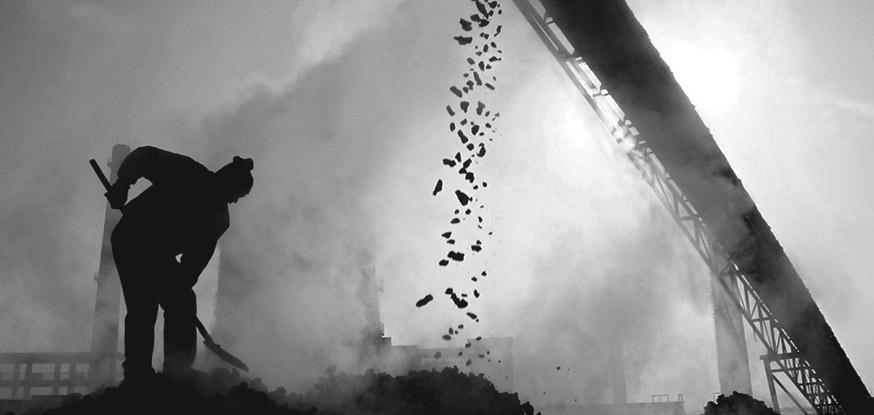Chinese government officials have tabled legislation focused on 'energy efficiency' which has been specifically formulated in an effort to reduce Beijing's consumption of coal. The document which was drafted by members of the Beijing Municipal Government, firmly feel the legislation proposed will cut the capital's coal consumption to below 5 million tons by 2020.
Part of the legislation will also see limited use of coal in areas already badly affected by smog. Air pollution is one of the biggest issues currently facing China. It is one of the worst countries in the world for air pollution, and a regularly part of clothing is for its residents to wear face masks to protect them from the harmful toxins in the air stream.
However, this initiative is just one of a series of energy and environmental programs being implemented on a national scale in China. Beijing suffers from bouts of choking pollution, but authorities in the capital have pledged its commitment to a five-year plan designed to boost renewable energy's share of total energy consumption to at least 8% by 2020, which would represent an increase from 6.6% in 2015.
Figures indicate that Beijing uses about 11 million tons of coals every year, although it has been praised for its progressive measures to promote the use of gas and renewable energy. City leaders have expressed their desire to keep the total annual energy consumption below 76m tons of coal by 2020, compared to 68.5 million in 2015. It will also try to cap total emissions of CO2, or climate-warming greenhouse gas, by around 2020 or even earlier, according to the plan.
Other notable renewable energy projects that have commenced in China include the construction of a 250-acre solar farm designed in the shape of a giant Panda!

